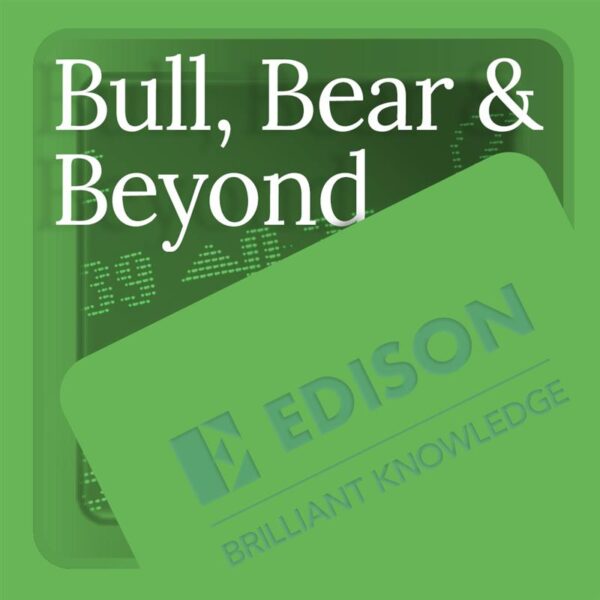Four things investors need to know
1. The trust focuses on growing its capital base to support progressive dividends.
Lowland Investment Company (LWI) was established in 1963 and is managed jointly by James Henderson (since 1990) and Laura Foll (since 2013) of Janus Henderson Investors. In turn, they are supported by the broader resources of the Janus Henderson equity team. The company seeks to provide investors with a higher-than-average, medium-term return, from a combination of capital and income. To achieve this, LWI invests in a broad spread of predominantly UK companies across the whole range of market capitalisations, unconstrained by any index. With the flexibility to invest in companies that have greater growth potential (usually, but not always, small- and mid-cap companies), LWI seeks to grow its capital base and distributable income over time, thereby supporting the progressive dividend strategy. In this respect, LWI is clearly differentiated from many of its peers, which typically have a greater focus on traditional ‘income’ areas of the market.
2. LWI seeks to optimise the balance between immediate income and income growth over time.
The investment managers consistently apply a patient, long-term, bottom-up investment strategy, with a strong valuation overlay. They look for companies that have an underlying strength, which is yet to be realised by the market, with the potential to deliver stronger sales and earnings growth than their larger peers and, over time, faster dividend growth. In many cases, these are under-researched and overlooked small- and mid-cap companies but they may also be turnaround situations (‘self-help’), where a route to improvement can be clearly identified. These are balanced by larger company holdings, typically providing more immediate dividend income and often to be found in more defensive industries, such as pharmaceuticals and utilities, with the potential to mitigate risks in challenging market conditions. Although usually split between larger, medium and smaller companies in equal parts, reflecting market conditions, the weighting to larger companies has been greater in the past c two years but has begun to unwind as the managers identify stronger opportunities among small- and mid-cap stocks.
3. LWI is well-placed to benefit from stronger small- and mid-cap performance.
The UK equity market has been firmly out of favour with global investors in recent years, leaving UK equity valuations low in historical and relative terms. With larger UK companies having significantly outperformed small- and mid-cap companies, valuations for the latter are lower still. While the outperformance of larger companies has been a strong headwind for LWI’s strategy and has negatively affected performance, it has created a significant opportunity in their smaller counterparts. While this is yet to be widely recognised in the market, low valuations are being increasingly underpinned by takeover activity, including several of LWI’s holdings. Small- and mid-cap companies are typically more exposed to the UK economy than larger companies, and a sustained turn in their relative fortunes may require investors to become more confident about the growth outlook. In this respect, the prospect of falling interest rates is supportive. The investment managers believe a tough economic outlook is more than priced into share prices and note that history suggests that buying good stocks when they are on low valuations enhances long-term returns.
4. LWI has a strong commitment to progressive dividends.
LWI has maintained or increased dividends each year since it was established, even throughout the pandemic. It aims to pay progressive dividends over time, with each quarterly distribution equal to or greater than the previous one.












